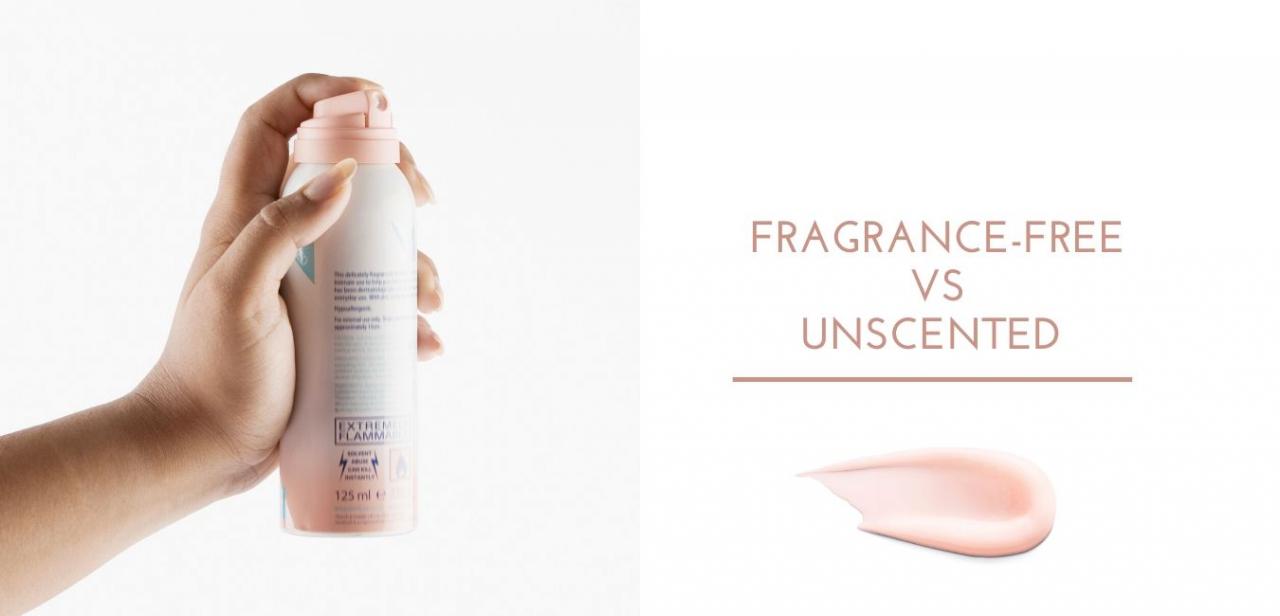Your dermatologist may recommend phototherapy with UV light for skin rash that does not clear up with milder treatment. A recent article reports that medical reimbursement policies tend to favor drug treatment, but phototherapy is a cost-effective option that has been in use for three decades. This uses the same type of light produced by tanning beds. Should you worry about skin cancer?
You may prefer medication to phototherapy. There are several types of drugs used for dermatitis, which is the general term for inflammation of the skin with symptoms of itching, redness, and possibly rash. But drugs also have risks, including skin cancer. Here are some of the options:
Topical hydrocortisone. This is available over the counter, or in stronger concentrations by prescription. It works well for many people, but not everyone. Some individuals get an allergic reaction that is worse than the original problem.
Topical calcineurin inhibitors. These include tacrolimus ointment (Protopic) and pimecrolimus cream (Elidel). They are immune system modulators of the type used to prevent rejection of organ transplants. Both drugs are labeled with black box warnings. In rare cases, they may cause malignancy including skin cancer and lymphoma.
Topical retinoids. Bexarotene gel (Targretin) is approved for cutaneous T-cell lymphoma. Reference 2 reports good results in treating hand eczema, but as in the case of hydrocortisone, some patients get skin side effects that are worse than the original problem.
Systemic immunosuppressive therapy. If other treatments are unsuccessful, Reference 2 suggests glucocorticoids, cyclosporine, methotrexate, or mycophenolate mofetil. These have side effects including increased susceptibility to infection and cancer, as well as liver damage.
Systemic retinoids. Also as last resort therapies, Reference 2 suggests etretinate (Tigason), acitretin (Soriatane), or alitretinoin (Toctino). These have long lists of side effects and are not yet approved for dermatitis, although they can be prescribed off-label.
A recent article in Journal of Dermatological Science reports that an increased density of nerve tissue in dermatitis may be responsible for the intense itching of this condition. Phototherapy with UV light decreases this abnormal nerve density along with the itching and visible rash.
References:
1. Amy L. Sutton, ed., “Allergies Sourcebook”, third edition, Omnigraphics, 2007.
2. Robertson L, “New and existing therapeutic options for hand eczema”, Skin Therapy Lett. 2009 Mar; 14(3): 1-3.
3. Grundmann SA et al, “Regulation of cellular immunity by Photo(chemo)therapy”, Front Biosci. 2009 Jan 1; 14: 4326-36.
4. Tominaga M et al, “Psoralen-ultraviolet A therapy alters epidemal Sema3A and NGF levels and modulates epidermal innervation in atopic dermatitis”, J Dermatol Sci. 2009 Jul; 55(1): 40-6.
5. Black box warnings for eczema creams:
http://www.webmd.com/skin-problems-and-treatments/eczema/news/20060119/two-eczema-drugs-get-black-box-warning
Linda Fugate is a scientist and writer in Austin, Texas. She has a Ph.D. in Physics and an M.S. in Macromolecular Science and Engineering. Her background includes academic and industrial research in materials science. She currently writes song lyrics and health articles.






Add a Comment1 Comments
Phototherapy actually does not use the same type of light used in tanning beds. The author should do more homework.
June 25, 2014 - 2:30pmThis Comment